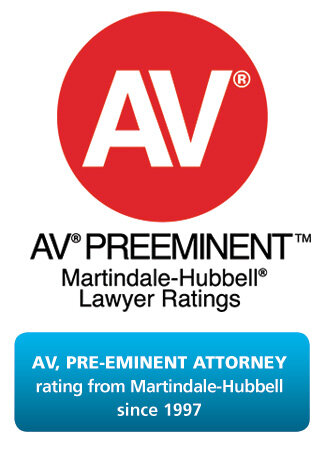HOMELAND GROCERY CASE STUDY CATEGORIES:
Union Led: UFCW got card check for expansion stores, retained some of pension & got representation on company board
Owner Led: ESOP as part of post-bankruptcy reorganization helped owner/supplier keep contracts with expansion stores
Employee Stock Ownership Plan (ESOP): Minority ESOP for Union members enabled union to retain former pension plan while getting union representation on the board
Effective Workplace Democracy (Workplace Democracy): 1 vote / person in minority ESOP, but international union representative on board
The United Food and Commercial Workers Union (UFCW) Local 1000 negotiated an ESOP with a significant union role in corporate governance and representation agreement for new stores. Since 2011 this 100% employee- owned chain of 76 grocery stores, with over 15,000 employees, has already expanded to 80 unionized stores.
Union got card check that brought new stores into the Union contract
In 2011 Homeland Acquisition Corp. (HAC), a grocery store chain in Oklahoma and Texas, and United Food and Commercial Workers (UFCW)Local 1000, partnered to transition the company to 100% employee ownership using an Employee Stock Ownership Plan (ESOP). As part of the transition, HAC and UFCW negotiated a new contract and the terms of the ESOP, as well as a number of corporate governance provisions for the new company. When the deal closed at the end of 2011 there were 76 stores. Now there are 80 stores, all of them union.
Aided in negotiations by several financial and legal advisors, including Attorney Deborah Groban Olson, UFCW and HAC agreed on:
A new defined benefit plan
ESOP participation for union members
A significant role for the union on the board of directors
A representation agreement covering new stores opened by the company.
According to UFCW Local 1000 President Ricky Burris:
“UFCW members are excited to own a majority of HAC stock and are eager to work with management to achieve continued success for the company. We take seriously the responsibilities that come with ownership, representation on the board of directors, and a voice in major corporate decisions.”
For another example of Deborah Olson's ESOP work with the UFCW see the Rosauers case study.




